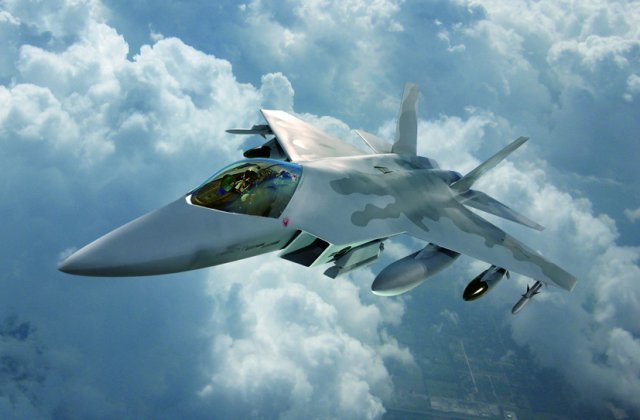Breaking news
South Korea plans to start KF-X fighter jet preliminary design in 2017.
| a | |||
|
|
|||
|
World Aviation Defense & Security News - South Korea
|
|||
|
|
|||
|
South Korea plans to start KF-X fighter jet preliminary design in 2017
|
|||
|
South Korea aims to begin preliminary design work on the country's indigenous fighter jet next year, which will help the country maintain a potent air defense capability in the coming years, the state defense procurement agency said Thursday, Nov. 30.
|
|||
|
|
|||
 An artistic rendering of South Korea's KF-X fighter project An artistic rendering of South Korea's KF-X fighter project(Source: Internet) |
|||
|
|
|||
|
"The Defense Acquisition Program Administration (DAPA) will hold a system functional review this month to see if the Korean Fighter Experimental (KF-X) project meets all the specifications requested by the military and other requirements," the DAPA said in a statement.
"If the DAPA concludes the project is ready, it will kick off the preliminary design process." However, the DAPA did not provide the exact timeframe for when the design would start being drawn up. The DAPA has held meetings with related officials and defense experts since November last year to push the KF-X project forward. Related to the project, South Korea has begun the process of developing the active electronically scanned array (AESA) radars for some 120 KF-X fighter jets, which it seeks to develop by the mid-2020s. South Korea's goal is to produce the first prototypes of the AESA radar system by the second half of 2020. Starting in 2021, the radar system will undergo a five-year test run after it is mounted onto the KF-X jet. South Korea plans to build the new planes, estimated to cost some US$15 billion for the whole project, to replace its aging fleet of F-4s and F-5s. The Korean military decided to develop the AESA radar system on its own as the United States refused to transfer related core technologies in April 2015. AESA is a type of phased array radar whose transmitter and receiver functions are composed of numerous small transmit/receive (T/R) modules. AESA radars have almost instantaneous scanning rates, making them difficult to jam and allowing the aircraft employing the technology to remain stealthy from electronic detection. |
|||



















